I've got a simple test code in Nunit+.net core 2.0 under VS2019:
public class Tests
{
public static int i = 0;
class First
{
~First()
{
i += 1;
Console.WriteLine("First's destructor is called.");
}
}
class Second : First
{
~Second() { i += 10; Console.WriteLine("Second's destructor is called."); }
}
class Third : Second
{
~Third() { i += 100; Console.WriteLine("Third's destructor is called."); }
}
[Test]
public static void Test()
{
{
Third t = new Third();
}
Thread.Sleep(1000);
System.GC.Collect();
Assert.AreEqual(111, i);
}
}
It always fails, while I found finally i=0, and the destructors are called right after Test(). But you can see the "t" is in a code block, and is invalid after the code block, and I also called
System.GC.Collect();
before my "Assert".
Why destructor is not called even after GC? How to fix my code to make the test pass?
Thanks a lot.

